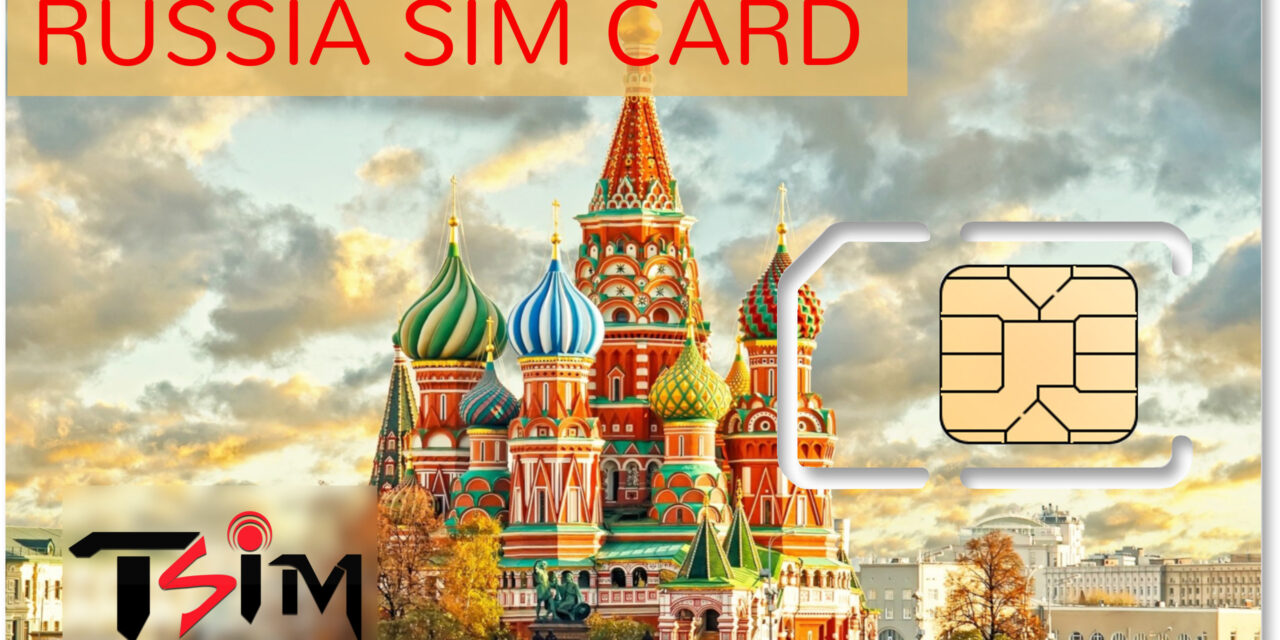Electronic SIM cards of foreign providers are in demand among Russians. This was reported by the press service of Wildberries and Russ. From January to August, the implementation of such decisions jumped by 770% compared to 2023.

Why eSIM
Representatives of OZON confirmed that over the past year, the unit sales of SIM cards for using the Internet abroad have increased 12 times. 90% of sales come from virtual eSIMs. However, such figures are also due to the low base effect – the initial demand was not so great. Digital keys (software activation codes that come directly to the mail) are also popular among Wildberries customers.
Most often, they take options with a minimum Internet package, but with a number so that you can receive SMS. Now smartphones with eSIM support are quite common in Russia. For example, since the beginning of 2024, 5.3 million such devices have been sold. Of these, 67.6% are iPhones; 23.8% are Samsung models. Only a few gadgets of Chinese brands are compatible with the technology, but they also occupy their niche: Honor (3%), Redmi (1.7%), Xiaomi (1.5%) and HUAWEI (0.7%). Google phones with electronic SIM cards are also present on the market (1.4%).
Foreign profiles in eSIM are convenient for registering in messengers and social networks, as well as in cloud services. “They allow you to have access to an account in a foreign bank, for example. At the same time, there are no restrictions on the right of Russian citizens to connect to foreign mobile operators,” says Alexei Boyko, an analyst and author of the abloud62 Telegram channel.

Pros for buyers and suppliers
According to experts, the most relevant scenario for using foreign SIM cards in the Russian Federation is obtaining SMS codes for two-factor authentication for popular services (TikTok, ChatGPT and more). After all, many sites do not send messages to Russian numbers. The business itself is far from new – it has existed for over 20 years. Previously, foreign SIM cards were sold for tourism. However, the service was not in demand due to increased costs for callers from Russia.
Demand was spurred by Visa and Mastercard, which left our market. Many decided to register bank cards in the CIS countries, where a local number is required to receive confirmation codes and other transactions. As a result, the number of active SIM cards of foreign operators has reached about 1 million. Whereas previously they had to import physical solutions, electronic options are sold online, saving time and logistics costs.
In the heart of Russia, a digital revolution is quietly unfolding. The demand for foreign SIM cards is surging. As of early October 2024, around one million of these cards are in use, a significant jump from 850,000 in July and just over 600,000 a year ago. This trend is not just a statistic; it’s a reflection of a changing digital landscape shaped by geopolitical tensions and technological barriers.
The catalyst for this shift? Blocked access to international internet services. Platforms like ChatGPT and Netflix have turned their backs on Russian users, leaving a void that many are scrambling to fill. The inability to register for Google services using local mobile numbers has further fueled this demand. Foreign SIM cards have become lifelines, allowing users to receive SMS codes necessary for account verification on various platforms.
Experts highlight that these foreign SIM cards primarily function in international roaming. Users aren’t making calls or browsing the web; they’re waiting for text messages. It’s a digital lifeline, albeit a limited one. The irony is palpable. As the world becomes more interconnected, some find themselves more isolated than ever.
The landscape is complicated. While the number of foreign SIM cards is on the rise, the reasons behind this trend are multifaceted. Many Russians traveling abroad have opened bank accounts in neighboring countries, like Belarus and Kazakhstan. These banks require local SIM cards for transaction confirmations. The need for a local number has become a barrier, forcing many to adapt.
Yet, not everyone believes that foreign SIM cards are the ultimate solution. Some experts argue that virtual mobile numbers offer a more cost-effective alternative. They eliminate the hassle of regular payments to foreign operators. For many, this is a smarter choice, especially in a time of economic uncertainty.
The implications of this trend extend beyond individual users. The rise in demand for foreign SIM cards signals a broader shift in consumer behavior. As access to global services becomes increasingly restricted, people are finding creative ways to navigate these challenges. It’s a game of digital survival.
In the context of Russian banks, the situation is equally complex. Recent reports indicate that some Chinese banks have imposed territorial restrictions on opening accounts for local suppliers working with Russian importers. This has created additional hurdles for businesses trying to maintain international connections. The ripple effects are significant, affecting everything from trade to technology.















